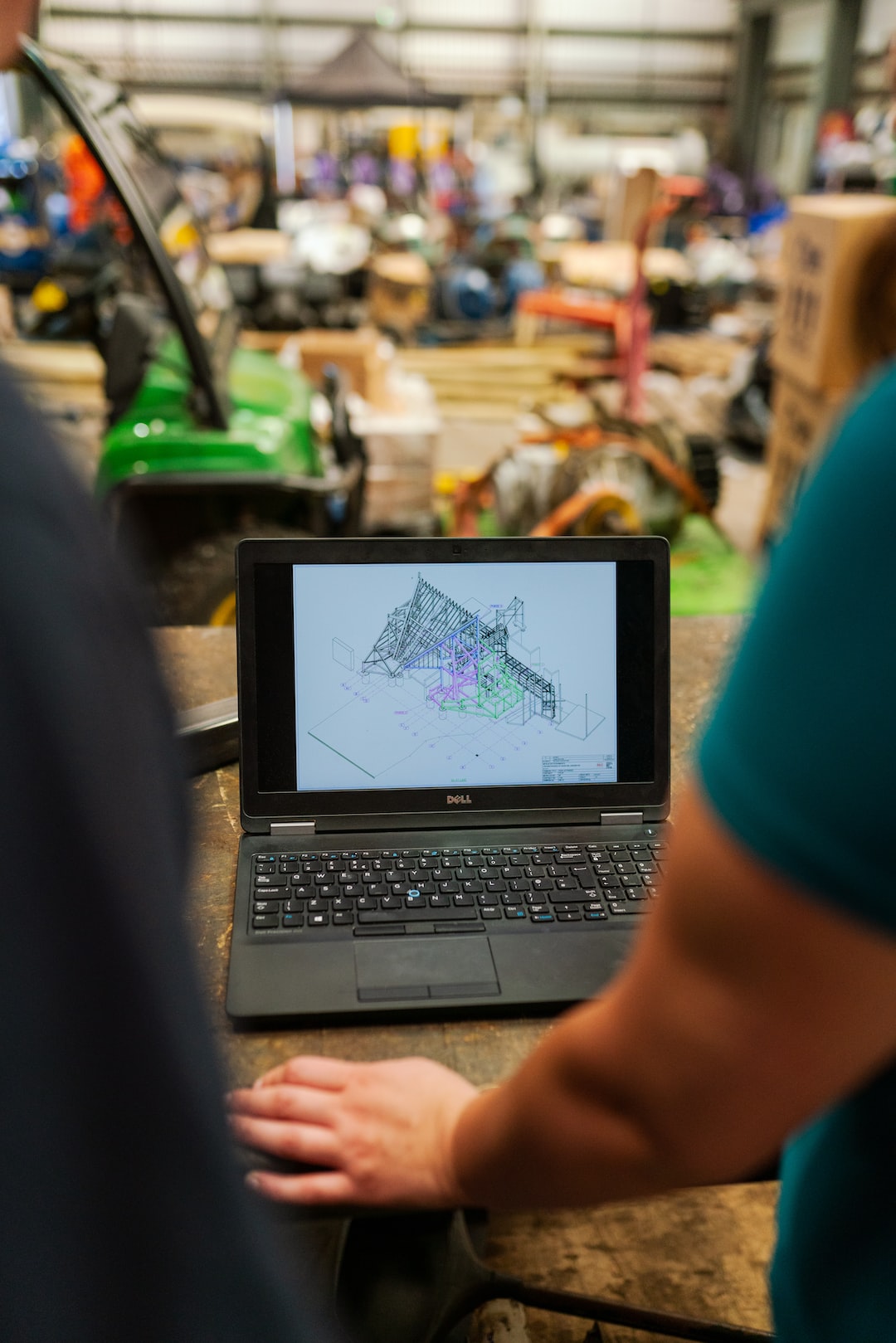Exploring the Field of Environmental Engineering: Preserving our Planet’s Resources
The field of environmental engineering holds immense importance in today’s world as we strive to preserve and protect our planet’s resources. Environmental engineers play a crucial role in finding sustainable solutions to some of the most pressing environmental challenges we face, such as pollution, climate change, and resource depletion. In this blog post, we will delve into the realm of environmental engineering, highlighting its significance and the impact it can have on creating a sustainable future.
Environmental engineering is a branch of engineering that integrates various scientific and engineering principles to address environmental issues. The ultimate goal is to create a harmonious relationship between humans and the environment, ensuring that we meet our needs without compromising the integrity of the natural world.
One of the primary areas of focus for environmental engineers is tackling pollution. From air and water pollution to soil contamination, environmental engineers work diligently to develop innovative solutions that mitigate the impact of human activities on the environment. They analyze pollutants, monitor their movement, and design systems to prevent or remove them from the environment. This could involve designing wastewater treatment plants, developing air pollution control technologies, or implementing remediation techniques for contaminated sites.
Another critical aspect of environmental engineering is sustainable water management. Water is a finite resource, and ensuring its availability and quality is paramount. Environmental engineers are at the forefront of designing wastewater treatment facilities, developing desalination technologies, and implementing strategies for water conservation and reuse. Their work is crucial for maintaining a reliable water supply for both human consumption and ecosystem health.
Climate change is undoubtedly one of the most pressing challenges facing our planet today. Environmental engineers are actively involved in analyzing and predicting climate patterns, developing strategies for mitigation and adaptation, and designing renewable energy systems. They utilize their advanced knowledge of thermodynamics, fluid mechanics, and renewable energy technologies to develop sustainable solutions that reduce greenhouse gas emissions and minimize our dependency on fossil fuels.
Apart from addressing pollution and climate change, environmental engineers also play a vital role in preserving and restoring ecosystems. They work on projects such as habitat restoration, wetland creation, and reforestation efforts, with the aim of conserving biodiversity and creating sustainable ecosystems. By integrating ecological principles with engineering practices, environmental engineers contribute to preserving and enhancing the natural environment.
Advances in technology have provided environmental engineers with a wide range of tools to aid in their work. Geographic Information Systems (GIS), remote sensing, and computer modeling are just a few examples of the advanced techniques used in environmental engineering. These tools help in mapping and predicting environmental impacts, optimizing designs, and analyzing data for evidence-based decision making.
The field of environmental engineering also goes beyond traditional engineering practices. It requires interdisciplinary collaboration, bringing together experts from various fields such as biology, chemistry, ecology, and social sciences. This multidisciplinary approach allows for a comprehensive understanding of complex environmental issues and facilitates the development of holistic solutions.
The importance of environmental engineering in shaping a sustainable future cannot be overstated. It is through the expertise and dedication of environmental engineers that we can effectively address environmental challenges, reduce our ecological footprint, and preserve our planet’s resources. Their work has a profound impact on the well-being of our planet and future generations.
In conclusion, environmental engineering plays a pivotal role in preserving our planet’s resources and creating a sustainable future. From combating pollution and climate change to managing water resources and restoring ecosystems, environmental engineers are at the forefront of finding innovative and sustainable solutions. Through their expertise and interdisciplinary collaboration, they are instrumental in striking a balance between human needs and environmental preservation. It is essential that we recognize the significance of environmental engineering and actively support its advancement for the benefit of our planet and future generations.


